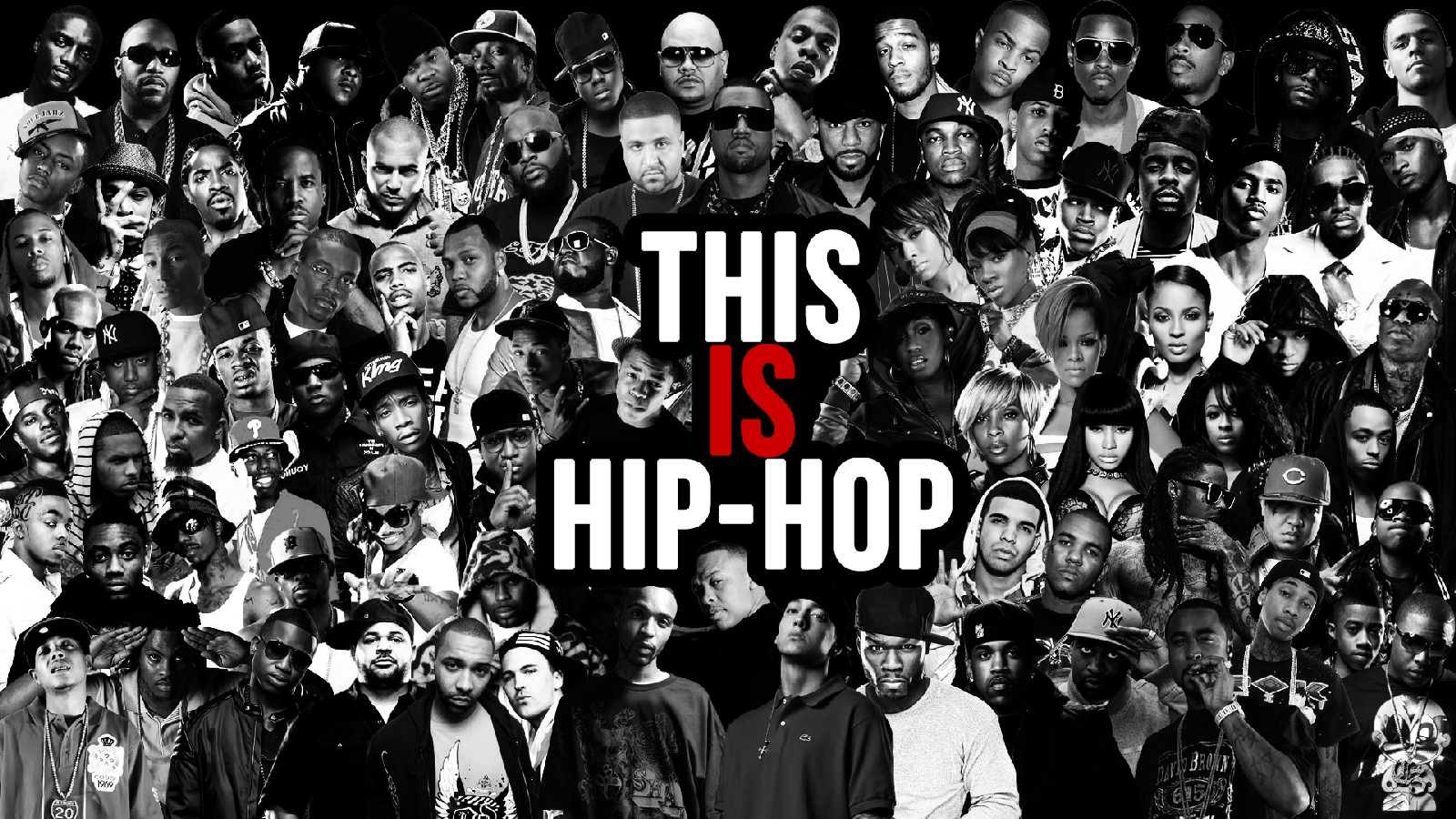If you’re a teenager who listens to the mainstream hits as your go-to source of music, you’ve most likely had an older family member or teacher look at you in sheer disgust and ask “… that’s the music you listen to?” or just straight “What is that?” Their concern is completely understandable when a parent looks at your phone and sees the title APESHIT or SICKO MODE sliding across your screen. As of 2017, R&B/hip-hop is the highest grossing genre in the world representing 24.5% of music consumption in the U.S. alone with rap as the second highest grossing. Though a majority of top chart music contains much explicit language and content in music videos, this may not always indicate a change in teens values and goals.
Both hip-hop and rap are diverse genres used to express a wide range of aspirations and experiences. What must be remembered is that the pioneers of R&B/hip-hop/rap were African Americans whose lyrics closely reflected their reality. Some of these pioneers include artists and groups such as N.W.A, Nas, Wu-Tang Clan, Public Enemy, Tupak Shakur, etc. Some of the most popular songs from 90’s hip-hop group, N.W.A, are called Straight Outta Compton and F*** Tha Police. Lyrics to these songs speak on how black men would often get beat or arrested just for the image they portrayed. Rap, for them, was freedom of speech and a way of rebellion. Their lyrics include lines such as, “A young n**** got it bad cause I’m brown and not the other color, so police think they have the authority to kill a minority. F*** that s*** cause I ain’t the one for a punk m*****f***** with a badge and a gun to be beating on and thrown in jail. We could go toe-to-toe in the middle of a cell.” So, when read in perspective, rap was and continues to be in many ways a genre which voices the political, social, and cultural struggles of black people.
The conflict between parents and children regarding mainstream music is due to both age gap and cultural gap. Music exists as a way to record the experiences of our time. While songs about drugs and excessive behavior is nothing new to the media, parents begin to get the wrong idea when their white, middle class child starts quoting Kendrick Lamar lyrics such as “S*** I’ve been through prolly offend you. I know burners, boosters, ballers, dead, redemption, scholars, fathers, dead, with kids and I wish I was fed forgiveness” (DNA.). Though music is produced for all ears, it must be recognized that some music is created for a specific audience. Even though Kendrick Lamar is one of the greatest rappers of our generation, his music predominantly speaks about black power. Although backlash can be understandable, lyrics are often misunderstood and taken out of context by suburban parents.
Other famous artists in the industry today who produce music in a similar way are J. Cole, Joyner Lucas, and Logic. Most parents believe that celebrities hold a responsibility to exist as a positive influence for the youth. Though many songs produced by these artists deal with the topics of sex, drugs, excessive behavior, etc. they’re not necessarily promoting these actions as much as expressing a story or certain perspective. For example, one of the most popular songs off J. Cole’s album 4 Your Eyes Only titled Neighbors deals specifically with the subject of selling drugs. The song explains an experience he had when he and other producers were recording music in a small studio basement in North Carolina. Due to the very private process of making his album, 2014 Forest Drive, neighbors started getting suspicious of the amount of people going in and out of the house. One neighbor informed the police (obviously without evidence) that they were growing and dealing marijuana. While Cole and his team were in Austin, Texas for a music festival, the studio was raided by an entire SWAT team armed with weapons. The chorus to the song includes the repeated line of “I guess the neighbors think I’m sellin’ dope, well m*****f***** I am.” However, the “dope” Cole is referring to in the song is not drugs but music.
Throughout teenage years, kids are at the most impressionable age where every experience counts. Along with other forms of public media such as movies, TV shows, and video games, violence and explicit content can be easily found on all grounds of entertainment. Music exists as one of the most cathartic outlets that ever existed (hip-hop/rap as one of the strongest modern examples). Though every genre has its exceptions, hip-hop/rap should not be presumed as immediate vulgarity without considering social context just as any other art form.
